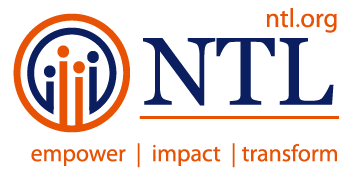A typical coaching engagement calls on the coach to support strategies leading to enhanced performance, promotion and leadership development. For those with historically marginalized or excluded social-group identities, sharing their bias-related stressors and traumas in coaching conversations is occurring with increased frequency. The need for coaches to build their competence in ways that enable them to support the ‘whole’ client cannot be overstated. Yet, when we surveyed coaches about whether or not they felt ‘competent’ coaching a client in the area of identity, nearly half said they did not. (Pinnock and Mayes, 2017). Based on our own client experiences, and the feedback we received from coaches responding to our 2016 and 2019 surveys, we theorize that coaching with social-group identity in mind represents a distinct and integrative form of coach development (Potter, 2020.). We call this area of coaching focus ‘The Fifth Domain’.
This series of articles is intended to offer a three-part dive into the ‘Fifth Domain of Coaching’. This first article examines the existing literature and research in the coaching field and invites an evidence-based call for the field to see, name and work what it has been neglecting: the power dynamic inherently present in coach/client relationships. The second article focuses on defining and introducing the authors’ theory of a Fifth Domain of Coaching and sharing our Fifth Domain Competency Model to help the reader envision what it would ‘look like’ for coach-training programs and coaches to include our theory and model into their training and practice. The third and final article will provide a high-level ‘how to’ primer to facilitate the application of the Fifth Domain framework into coaching practice.
Part 1: The Case for Change
The question of how to manage effectively the complexity of multi-cultural/multi-racial/multi-national/multi-generational, and gender-fluid environments is on the minds of many coaches and other helping professionals worldwide (Bacon and Spear, 2003; Downey, et al, 2015; Tanneau & McLoughlin, 2021). During times of increasing volatility, uncertainty, complexity and ambiguity (VUCA), the question of how to recruit and retain diverse talent challenges forward-thinking leaders in almost every field or industry (K. Brown, 2018; Day and Lance, 2004; Siminovitch, 2017). Both Professional- and Business-Coaching have a lot to offer individuals and organizations looking to boost their brand and expand their offer in an increasingly diverse marketplace (Bacon and Spear, 2003). However, the coaching profession will not be able to meet its potential by holding tightly to the coaching models and methods created largely in an environment of homogeneity.

